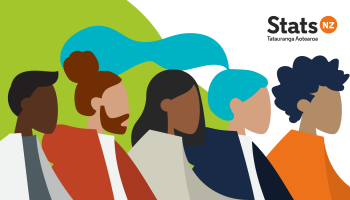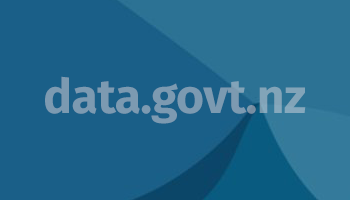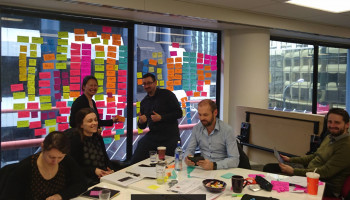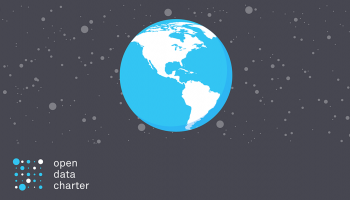Police are developing a suite of activities to ensure any emerging technologies, such as Facial Recognition Technology, are well understood, publicly accepted, and if need be, regulated. It is also critical that any impacts of technology are understood from a Te Ao Māori perspective.

On 22 April 2021, Stats NZ released an updated Statistical Standard for Gender, Sex and Variations of Sex Characteristics.

The process for selecting mandated data standards (previously called Data Content Requirements, or DCRs) has been updated and approved by the Information Group.

We drafted and tested possible changes to the way this website organises information. Based on that testing, we will make improvements to the website over the next few months. This blog is a heads up, so that you are best prepared for these planned changes. Also, we continue to welcome any feedback about the changes.

The Government Chief Data Steward wants to connect you to the resources and information you need to respond in a prepared and co-ordinated manner alongside your peers in the data system.

The 'COVID-19 data and information activity catalogue' describes data and information work currently underway across the system. The catalogue is managed by the Stats NZ COVID-19 data collaboration team.

We’re looking for a diverse group of people to join an organising committee for the Data and Digital Community of Practice to improve the New Zealand data system. Join us!

MFAT is the first organisation to pilot the data capability framework to gauge the depth and breadth of data and analytical skills within the Ministry. Stats NZ and MFAT analysed responses to the framework assessment questionnaire and identified overall strengths and gaps across the range of 26 capabilities, giving an indication of MFAT's skill set and the direction they should move in the future.

The open government information and data programme has concluded. But the lessons from the programme will inform our ongoing commitment and work toward open government data, which endures under the Chief Government Data Steward.

This week the Minister of Statistics James Shaw, launched the Algorithm Charter for Aotearoa New Zealand. The charter has already been signed by more than 20 government agencies. The Charter signals that these agencies are committed to being consistent, transparent and accountable in their use of algorithms.

A Data Ethics Advisory Group has been convened to provide advice on data use to the Government Chief Data Steward and government agencies.
New videos by Stats NZ brings panellists together to examine and debate Māori perspectives about the way we collect, share, and use data.

Our open data maturity dashboard aims to show progress in the final output of open data and tell the story of a growing maturity in the overall stewardship of New Zealand’s public data assets.

After 10 years dedicated service, data.govt.nz is undergoing a transformation to ensure it’s got the right resources to build data management know-how as New Zealand heads into its digital future.
As the agency leading New Zealand’s data, Stats NZ’s quarterly dashboard profiles what we’re doing to support our role as the lead agency for New Zealand’s data.
A cross-government review is underway to increase the transparency and accountability of how government uses algorithms – to help improve the lives of New Zealanders.

The Open Government Data Dashboard shows progress in the maturity of management and release of data across government.

The data.govt.nz, Open Data Programme and Stats NZ teams got together at the Service Innovation Lab last week to share experiences, compare notes and ideate around models that could serve users better in data discovery and use.

Read about the adoption of the International Open Data Charter by the New Zealand Government.

Give your feedback on the proposed open government data dashboard for the Open Government Partnership National Action Plan.

The sharing of open data stories raises awareness about open data and encourages new release and use. In 2017 Stats NZ commissioned engage2 to gather stories from current and potential users of open data.